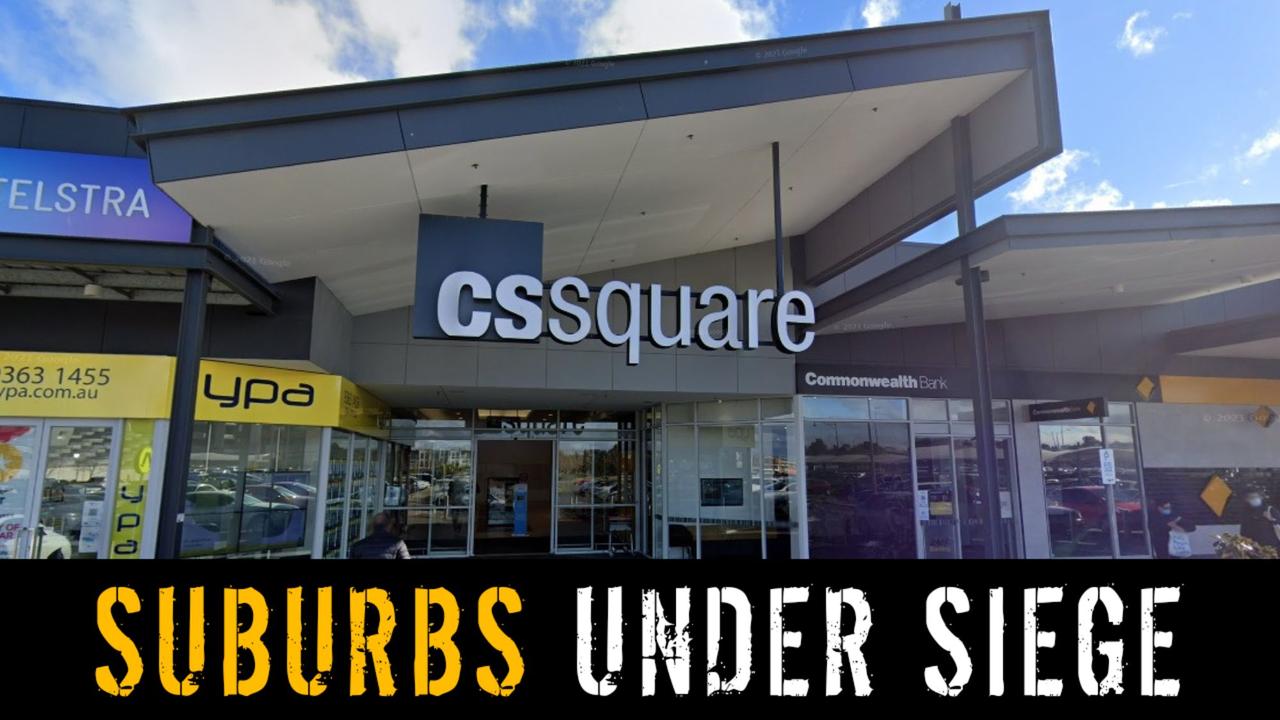How young Aussies are being urged to break-up with ‘toxic, gaslighting, narcissistic’ parents
A leading psychologist has questioned if online therapists and influencers — urging kids to “set boundaries” or “go no contact” with “narcissistic, gaslighting” parents — are the real narcissists.

Victoria
Don't miss out on the headlines from Victoria. Followed categories will be added to My News.
Young adults are being urged to identify “toxic”, “narcissistic” or “gaslighting” behaviours in their parents by social media therapists and influencers, who also encourage them to “set firm boundaries” with their mums and dads, or break-up with them for good.
Instagram and TikTok is awash with advice from therapist influencers and life coaches listing what they says are abusive behaviours to watch out for in parents — but a leading Victorian clinical psychologist has warned about advising kids to severe ties with their families.
Chris Mackey, of Geelong’s Chris Mackey and Associates, told the Herald Sun that as a clinical psychologist he is often hesitant to give that advice, even after many in-depth sessions with a troubled client, because the outcome can be so damaging and potentially counter-productive.
Mr Mackey — who is a Fellow of The Australian Psychological Society with 40 years’ psychotherapy experience — also flagged some of the therapist influencers flooding social media were perhaps narcissists themselves, with a “grandiose” sense of themselves and seeking higher profiles and more followers.
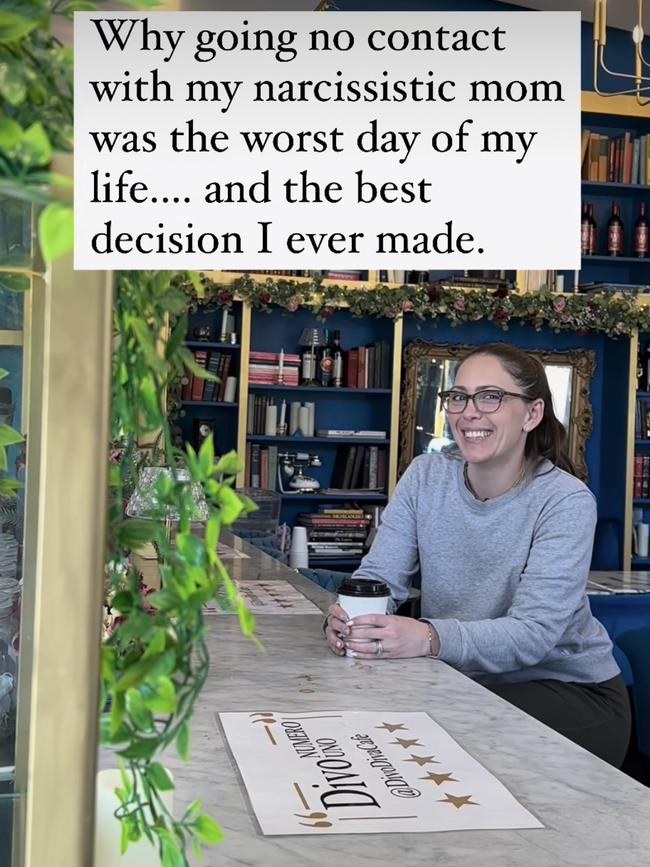
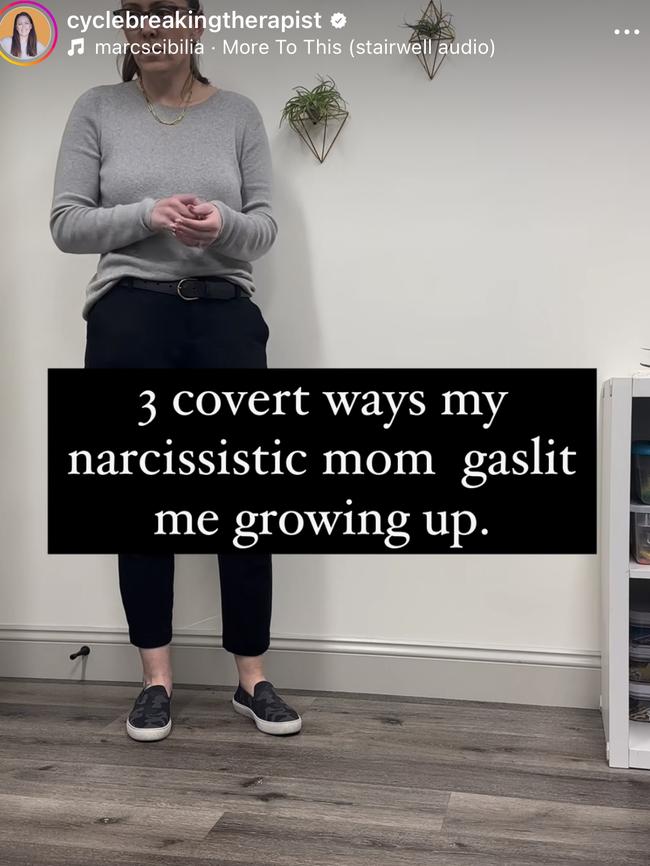
Melbourne’s Safe Place Therapy, based in Footscray and Epping, offers face-to-face as well as online counselling.
A section labelled How To Deal With Narcissistic Parents on its website says “narcissistic parents may belittle, criticise or shame their children in order to maintain control and boost their own ego, and this can have long-term effects on the child’s self-esteem and emotional wellbeing”.
It’s number one strategy for clients who believe they have narcissistic parents is to “establish clear boundaries” which “may involve setting limits on communication or interaction”.
“It’s important to decide what type of relationship, if any, you want to have with a narcissistic parent,” it advises.
Safe Place Therapy has been contacted for comment.
Resources being pushed to young adults on social media include Micah Stephens’ guide called Toxic Parents: How to Protect Yourself and Heal from the Abuse, that promises to empower adult children “to recognise toxic parents and their destructive behaviours”, and offer strategies to “establish healthy boundaries and ultimately break free”.
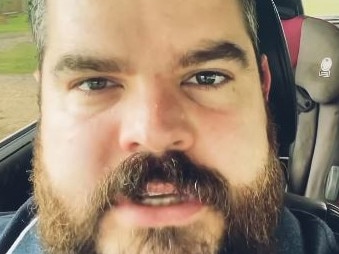
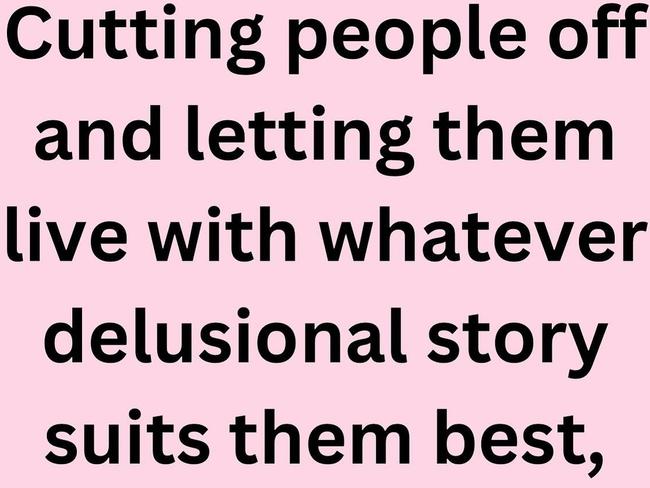
Georgia Patten, the Instagram “cycle breaking therapist” tells her story of “going no contact” with her mother, when she realised her mum wasn’t as nurturing and supportive as she would have liked.
“This realisation wasn’t just about drawing a line; it was about facing the fact that I had to let go of a dream and confront who my mother truly is,” she tells followers in a post, adding it was a “tough” but liberating step.
“It meant no longer revolving my life around her approval or disapproval and taking the first steps towards my own wellbeing,” she says.
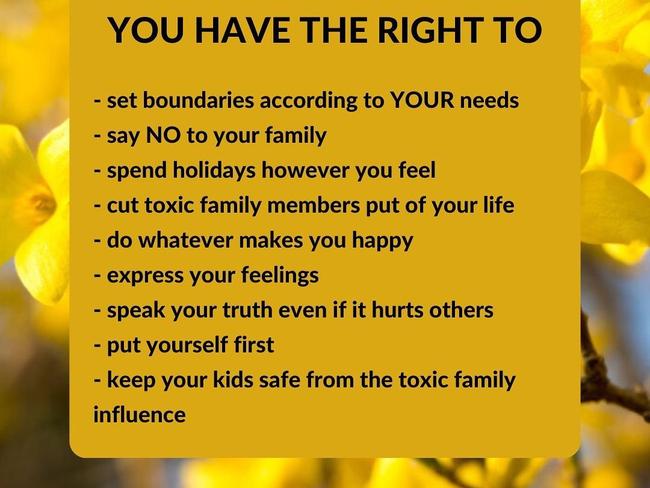
The post was met with mixed responses, with many people criticising Ms Patten’s move.
“Maybe, just maybe, accept your mum for who she is, instead of calling it toxicity,” said one person, while another questioned “how will you feel when she’s dead and you never said goodbye?”
Yet another remarked: “Grow up already. Take responsibility for your own actions and forgive her for your perceived ideas of who she should be.”
Another account called Daughter of a toxic mother on Instagram claims “cutting my toxic mother and younger half (brainwashed) siblings off is the best decision I made in my life ever”, and was “definitely top tier”.
Meanwhile the internet generally contains site upon site advising children and young adults on how to best deal with their “narc parents” who want “to forgive and forget” but should not be forgiven, only forgotten.
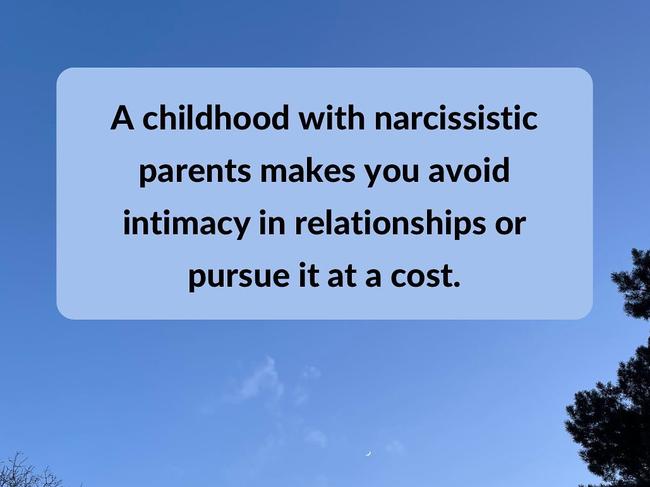
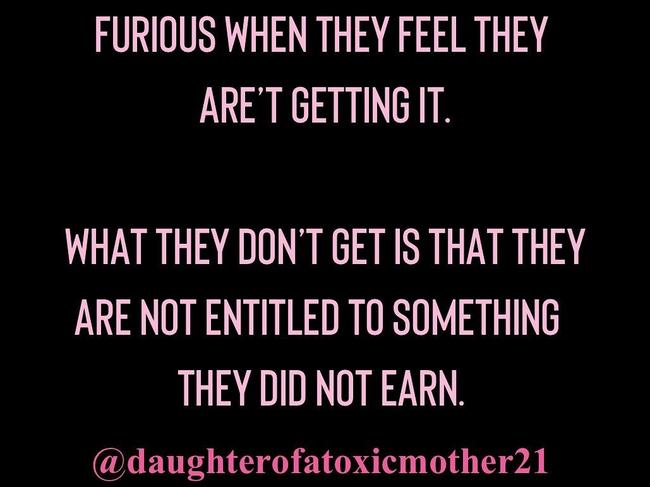
On Instagram, the hashtag “narcissist” has over two million mentions and growing, with “warning signs,” “common traits,” and “tips” the hallmarks of the many reels doing the rounds.
And young people are increasingly using the term not just to label their parents but also their friends and partners — cutting them off also.
Mr Mackey said the core features of real narcissistic personality disorder included “a pervasive pattern of grandiosity, need for admiration and lack of empathy”.
The term only properly applied if someone displayed at least five of several characteristics, and it needed to be diagnosed by a highly-trained clinician, not a social media therapist influencer.
He adds on his clinic’s website “clearly, there is quite a degree of subjectivity in appraising these things”.
Mr Mackey said he certainly treated clients who — through many sessions — he had established had indeed suffered through abusive, traumatic childhoods, and for whom severing ties with their families could be helpful in their recovery, but even then he was “very very wary to suggest that”.
“In a therapy situations, I can say there are situations which you encounter where parents have been so abusive or neglectful of someone in an upbringing — that especially includes serious forms of abuse and more obviously, sexual abuse or not protecting a child from sexual abuse — where their circumstances and relationships are so destructive that people can be better off maintaining a distance from their family, even to the point of being estranged from their family,” he said.
“But as a therapist, you’re very very wary to suggest that unless you know in very great detail about the person’s experience … because most people are better off having a connection with their family members. Most people are better off because of the sense of identity that it can support, this sense of history and also the potential for the social support of family.”
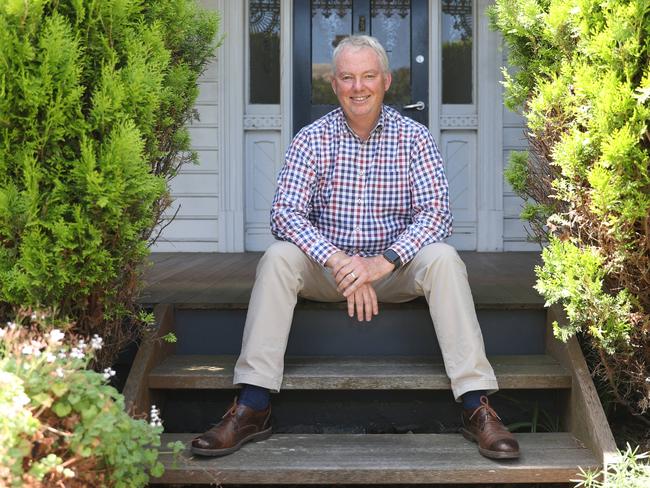
In some cases he had encountered, people who had “cut themselves off from family or have had a very negative perception of family members that seems unwanted or exaggerated”, Mr Mackey said.
“You’d be very careful about giving any advice like that (severing all ties with family), even if you’re a therapist who knows that person’s situation well.
“So people giving that advice in a social media context or as an influencer, or just as general advice without knowing the details of the person’s situation … taking what people have said at face value (can be dangerous), because there can be distortions sometimes in how people see it,” he said.
“It would seem to be a very irresponsible situation to be broadly or generally encouraging people to cut off contact with their family, as opposed to recommending that they see a professional to discuss this.”



